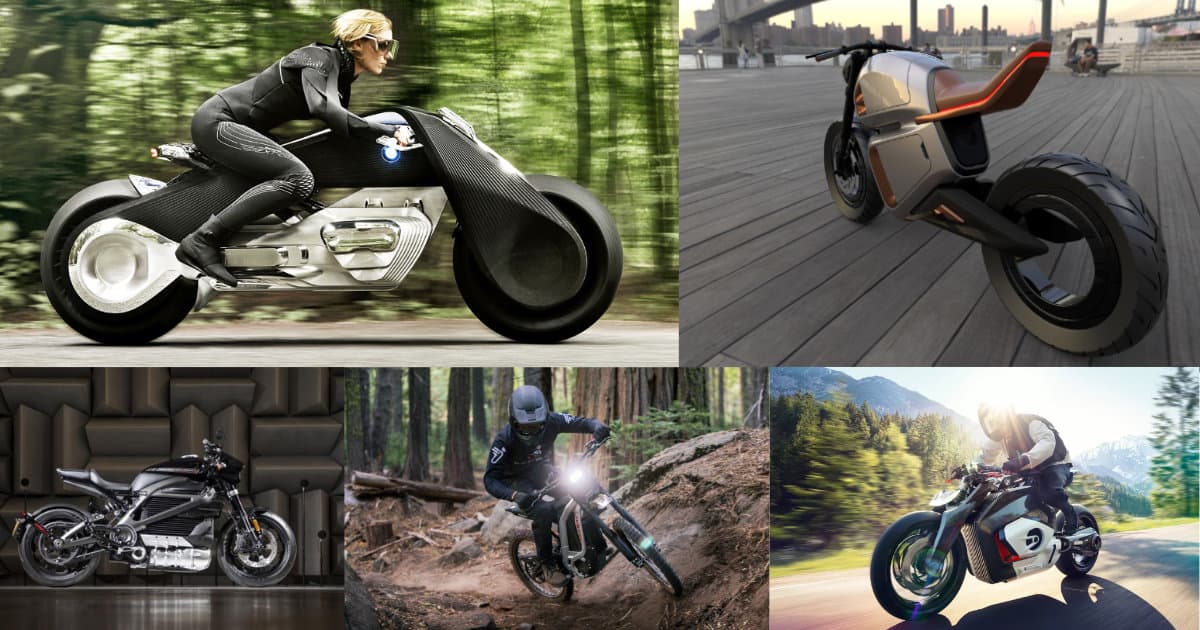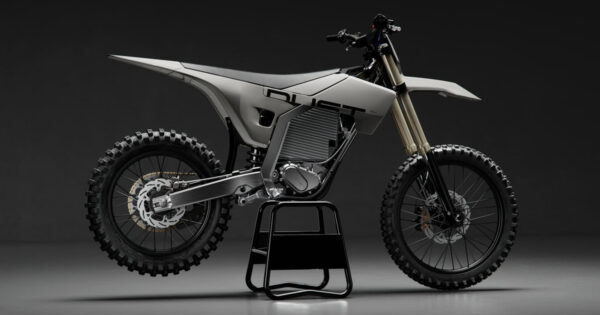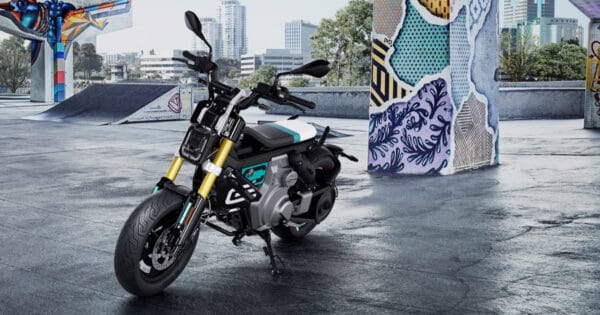The world of motorcycling has been electrified. From speedy sport models to daily commuter bikes, electric motorcycles are becoming increasingly prevalent. As a beginner, the field of electric motorcycles might seem intimidating, but fear not. This guide will provide you with a comprehensive understanding of electric motorcycles, from how they work to what to look out for when buying your first one.
Table of Contents
Understanding Electric Motorcycles
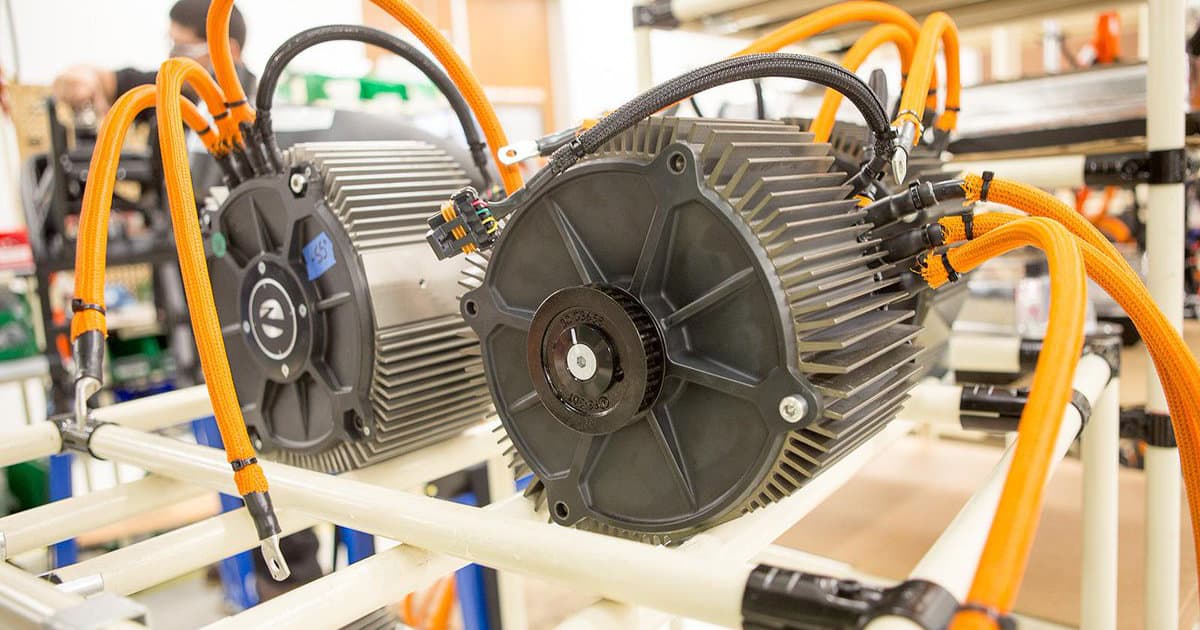
Electric motorcycles, as the name implies, are powered by electricity, unlike their gasoline-powered counterparts. Three main components constitute an electric motorcycle: the battery, the electric motor, and the controller.
The battery stores the electrical energy that powers the motorcycle. It’s typically lithium-ion, similar to what you’d find in a laptop or smartphone, albeit much larger. The electric motor converts electrical energy from the battery into mechanical energy, which propels the motorcycle forward. The controller acts as the intermediary, managing the flow of electricity from the battery to the motor.
There’s a diverse range of electric motorcycles on the market, including sport, commuter, off-road, and touring models. These categories often reflect their gas-powered equivalents, differing primarily in power delivery and energy consumption.
Advantages and Disadvantages of Electric Motorcycles
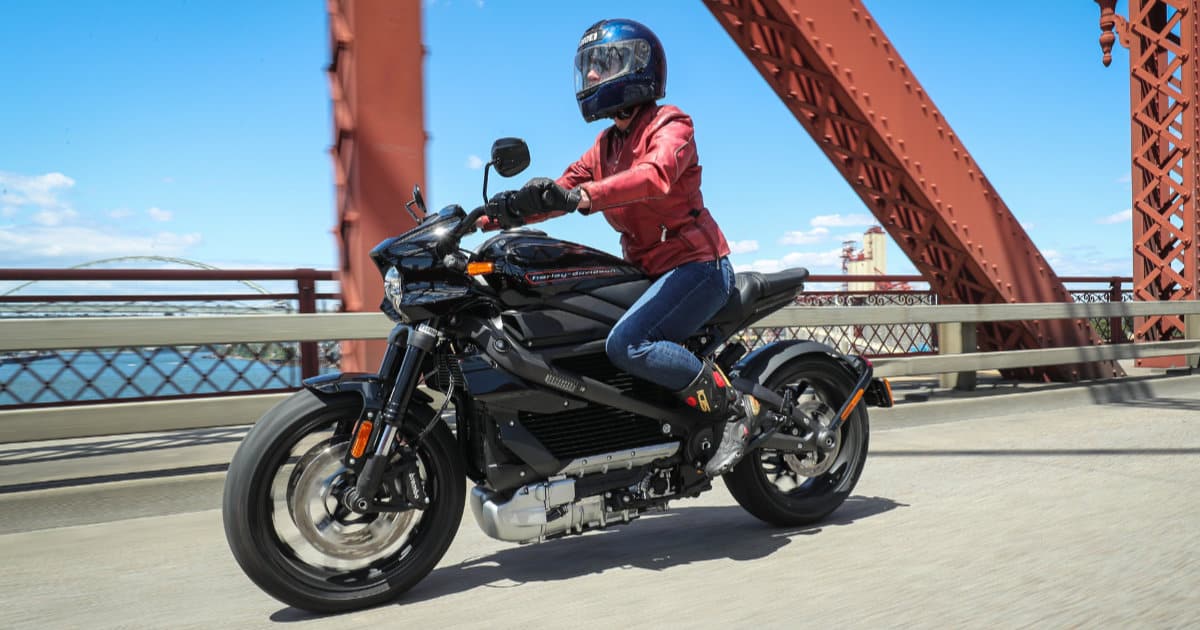
Like all technologies, electric motorcycles have their benefits and drawbacks. On the benefits side, they’re environmentally friendly, reducing both CO2 emissions and noise pollution. They’re also cheaper to run, thanks to lower energy costs and less required maintenance – there’s no oil to change, and fewer moving parts means fewer components that can break.
However, electric motorcycles also have limitations. The most notable are range and charging time. As of now, even the best electric motorcycles can’t match the range of a gas-powered bike, and recharging the battery takes longer than refilling a gas tank. Furthermore, electric motorcycles generally have a higher upfront cost, mostly due to the expensive battery. Finally, charging infrastructure, while improving, is still less widespread than gas stations.
Charging Electric Motorcycles
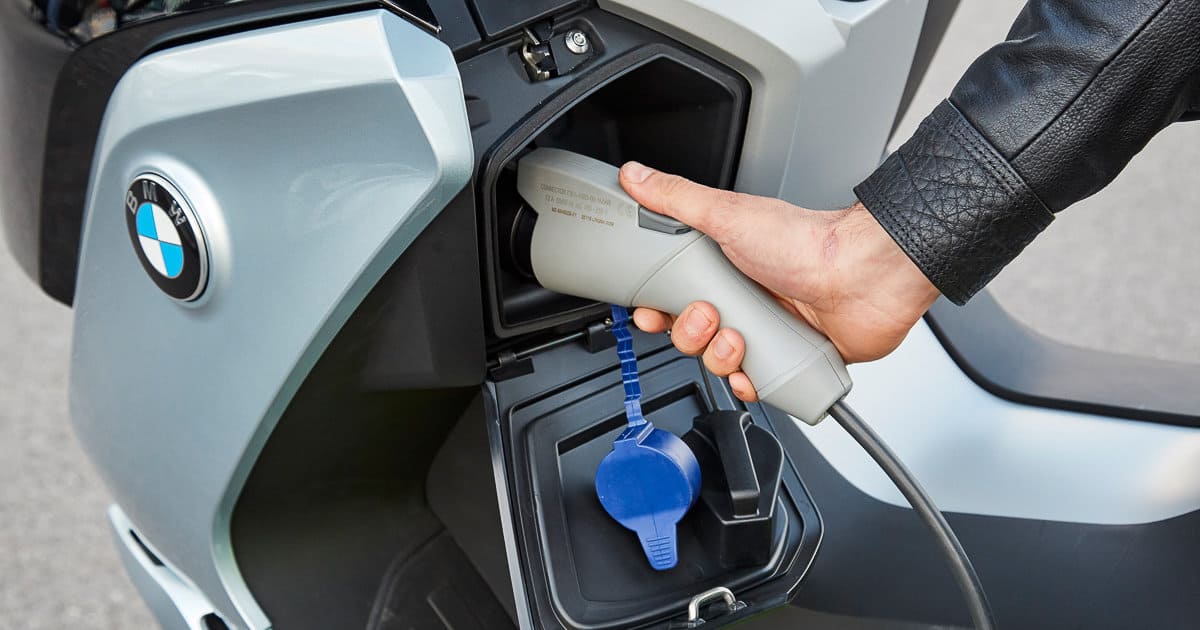
Charging an electric motorcycle can be as simple as plugging it into a standard electrical outlet. However, this method, often referred to as Level 1 charging, is relatively slow and can take many hours for a full charge. Level 2 charging involves a higher-voltage source, like a home-installed charging station, and is faster. DC Fast charging, found at public charging stations, is the fastest method, capable of charging some batteries to 80% in under an hour.
When it comes to battery lifespan, most electric motorcycle batteries are designed to last for many years and thousands of miles. Proper care can further extend a battery’s life. This includes maintaining a moderate temperature (extreme cold or heat can harm the battery), avoiding keeping the battery at 100% charge for prolonged periods, and avoiding complete discharges.
Buying Your First Electric Motorcycle
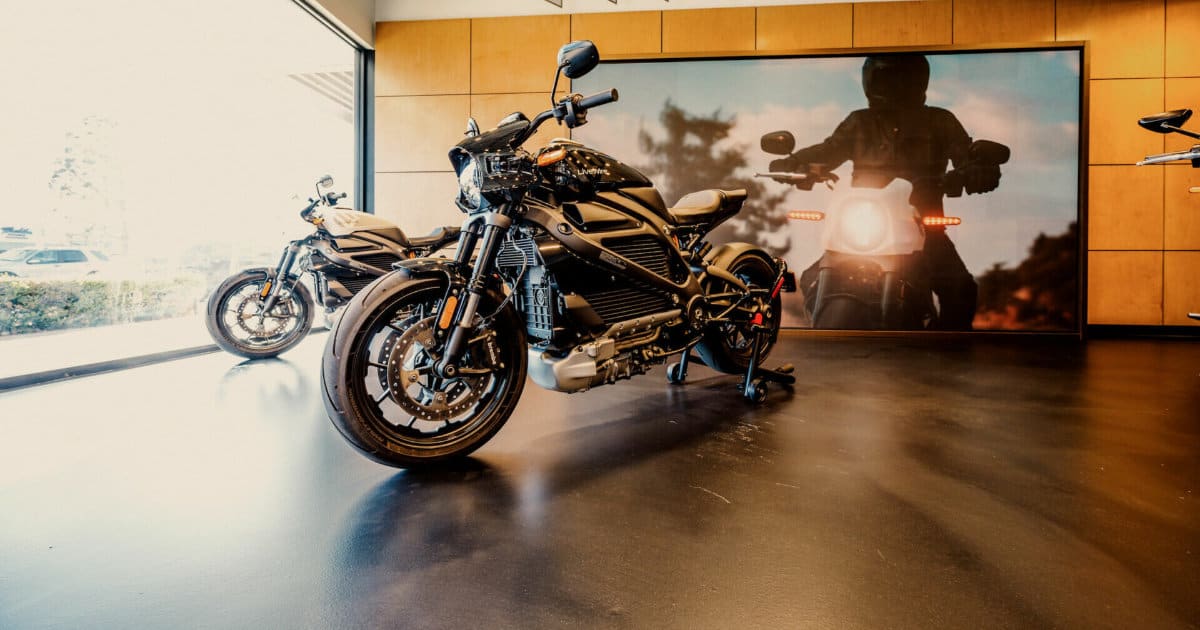
When buying your first electric motorcycle, consider your needs and priorities. What’s your budget? What kind of riding will you be doing? How far will you need to travel on a single charge? Different bikes are designed for different purposes, so it’s essential to choose one that suits your needs.
There’s a range of electric motorcycles suitable for beginners. The Zero S, for example, offers a good balance of range, performance, and affordability. The Lightning LS-218, meanwhile, is more of a high-performance, high-speed electric motorcycle, while the Harley-Davidson LiveWire is a premium offering with a unique blend of style, performance, and brand heritage. Always try to take a test ride before buying to ensure the bike feels comfortable and manageable.
Maintenance and Care of Electric Motorcycles
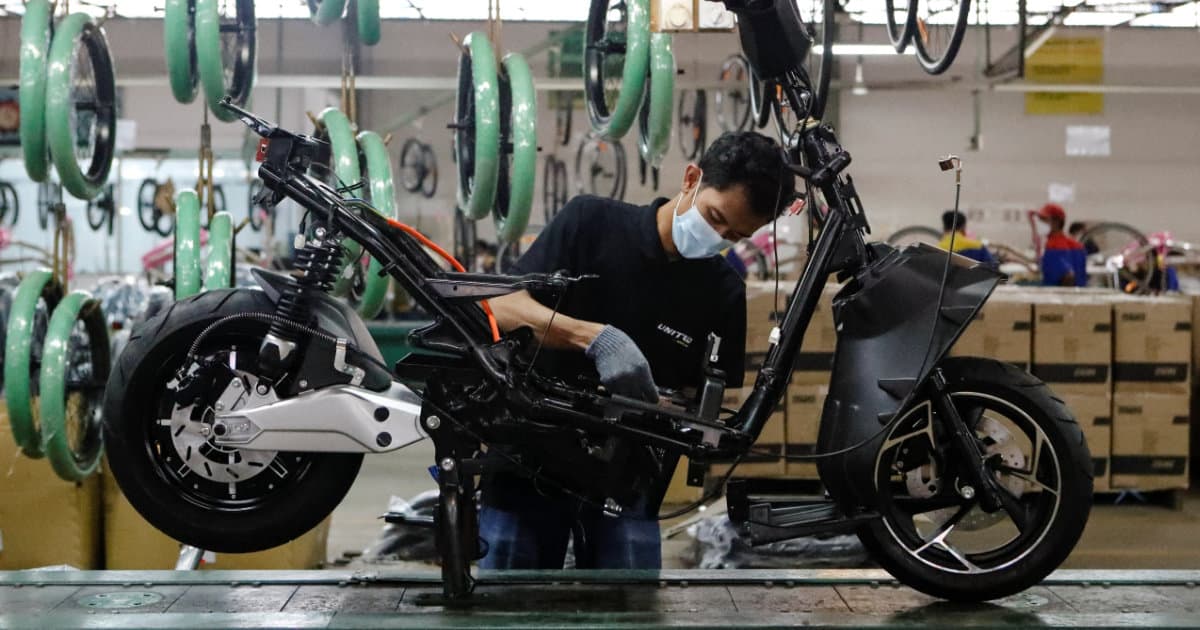
One significant advantage of electric motorcycles is their reduced maintenance requirements. There’s no oil to change, no spark plugs to replace, and no valves to adjust. However, certain components still require attention, like the tires, brakes, and suspension.
Battery care is also vital. As mentioned, avoid exposing the battery to extreme temperatures, and try not to let it charge to 100% or discharge entirely too often.
Electric vs. Traditional Motorcycles

There’s a distinctive difference between the ride feel of electric and gas-powered bikes. Electric motorcycles offer instant torque, meaning they can accelerate very quickly. They’re also generally quieter and smoother, with no gears to shift through.
Cost-wise, while electric motorcycles tend to have higher upfront costs, they often cost less over time when you factor in lower fuel and maintenance costs.
From an environmental standpoint, electric motorcycles are clearly superior, producing zero tailpipe emissions. While the manufacturing process for the batteries can be quite energy-intensive, over the life of the bike, an electric motorcycle typically has a smaller carbon footprint than a gas-powered one.
Legal and Safety Considerations
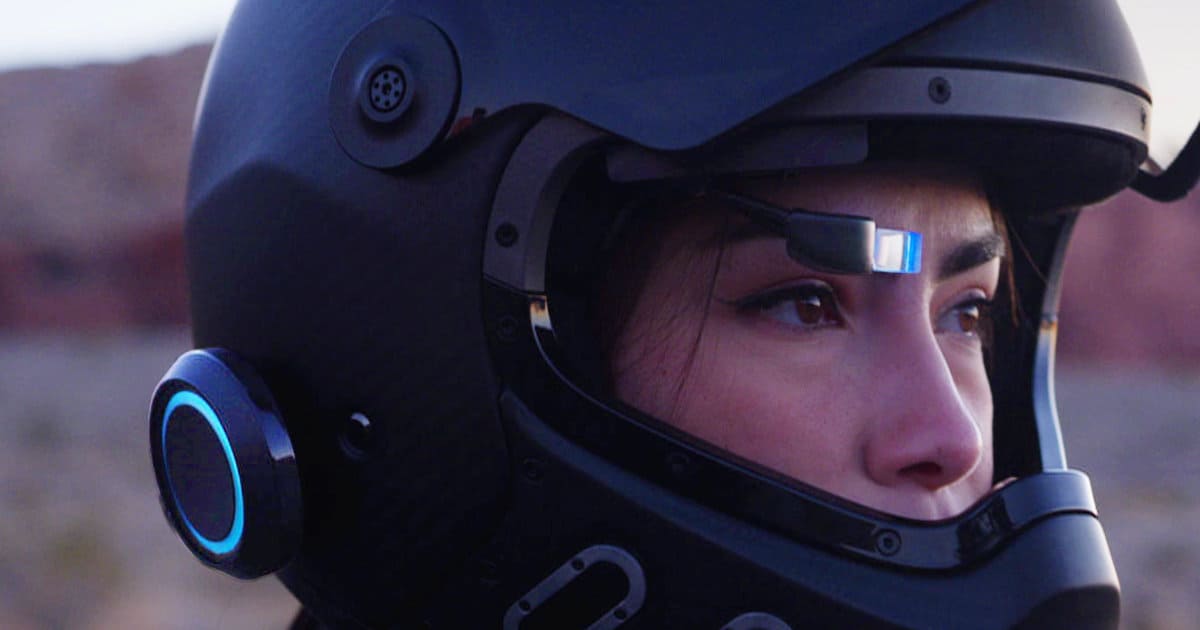
Just like gas motorcycles, electric motorcycles need to be registered, and riders need a valid motorcycle license. Helmet laws also apply equally to electric motorcycles.
Safety-wise, the quietness of electric motorcycles can be a double-edged sword. While it reduces noise pollution, it also means pedestrians and other road users may not hear you coming. Therefore, extra care should be taken to ensure visibility.
Future of Electric Motorcycles
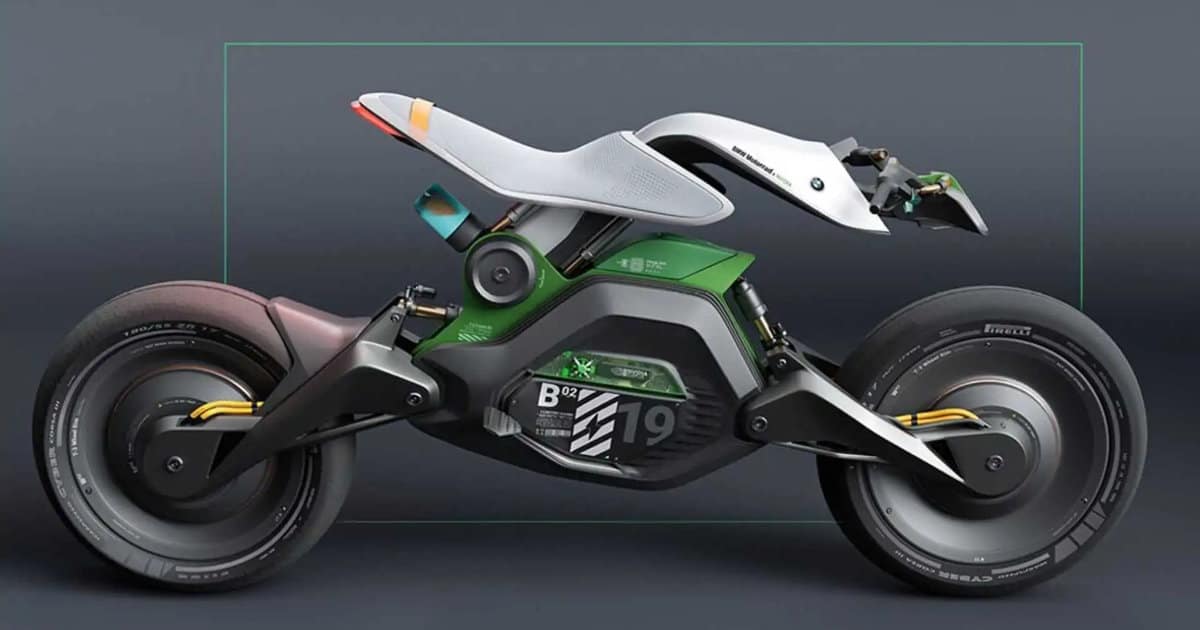
The future of electric motorcycles is looking bright, with constant advancements in battery technology and electric motor efficiency. More and more manufacturers, both established and startups, are entering the electric motorcycle market.
Moreover, as the demand for electric vehicles in general grows, charging infrastructure is expected to become more widespread and convenient, reducing one of the main current limitations of electric motorcycles.
Riding Experience and Skills
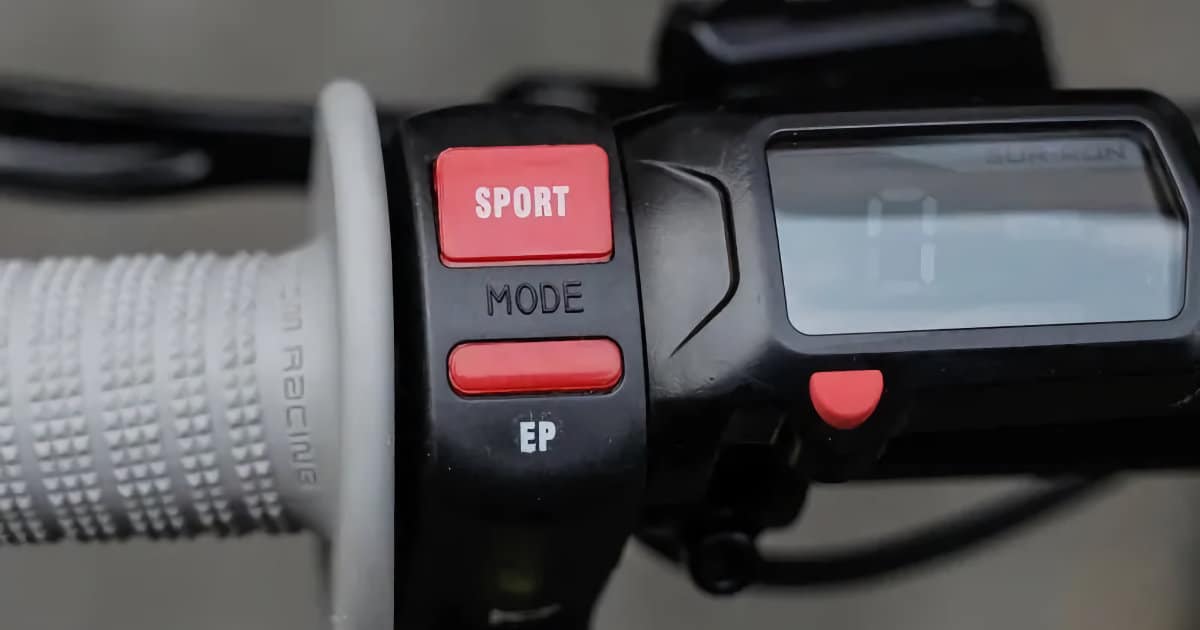
Riding an electric motorcycle is somewhat different from riding a gas-powered one. There’s no clutch or gears to worry about, which can make the learning process easier. However, the instant torque provided by electric motors means acceleration can be very rapid, so new riders should be cautious.
Many electric motorcycles offer different riding modes, which adjust the power output and other parameters. Starting in a lower power mode can be a good idea for beginners until they get used to the instant power delivery.
Community and Resources
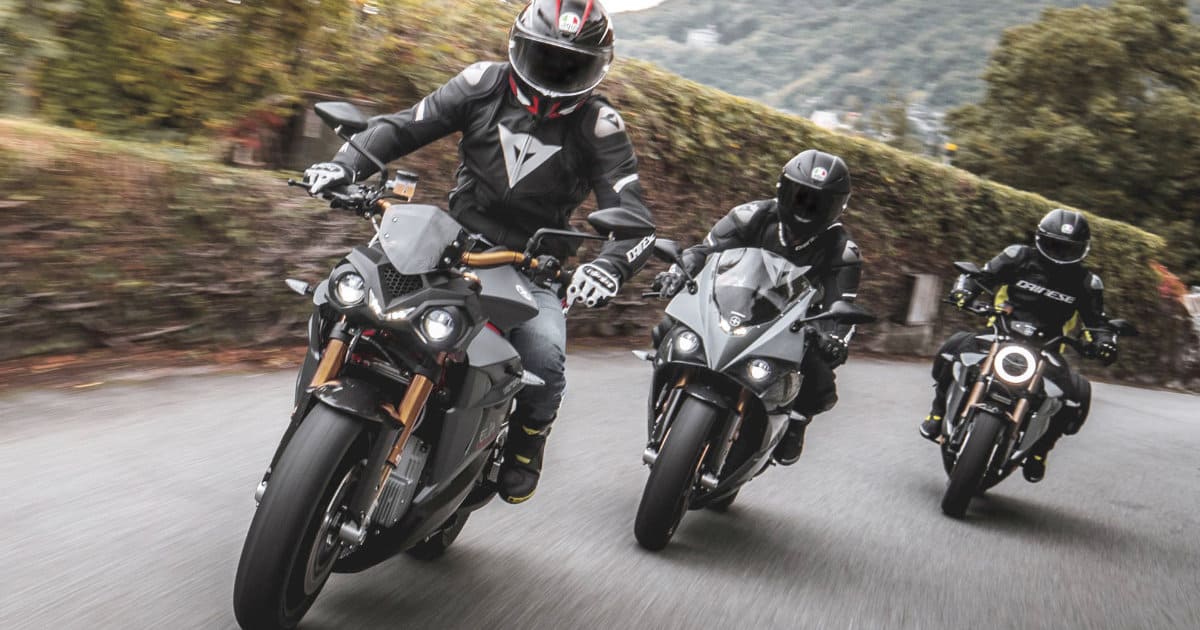
Joining a community of electric motorcycle riders can be a great way to share experiences, get advice, and learn more about electric motorcycles. There are numerous online forums and social media groups dedicated to electric motorcycles, and many cities have local groups that organize rides and other events.
Additionally, there are numerous resources available for further learning about electric motorcycles, from books and websites to training courses. As an exciting, rapidly-evolving field, there’s always more to learn about electric motorcycling. With this guide as your starting point, you’re well on your way to joining the electric revolution.
Frequently Asked Questions About Electric Motorcycles
The range of an electric motorcycle depends largely on the model, battery size, and riding conditions. As of 2023, most electric motorcycles offer ranges between 70 to 150 miles on a single charge under typical riding conditions. However, high-end models and those with additional battery packs can exceed these ranges.
Charging times for electric motorcycles vary based on the charger type and the motorcycle’s battery capacity. With a standard outlet (Level 1 charging), it can take several hours—often overnight—to charge an electric motorcycle. Level 2 chargers are faster, usually charging a motorcycle in a few hours. DC Fast chargers, available at some public charging stations, can charge certain models to 80% in under an hour.
Electric motorcycles require less maintenance than their gas-powered counterparts as they have fewer moving parts. That said, certain components still need regular attention. This includes the brakes, tires, and suspension. Battery care is also important. You should avoid extreme temperatures and keep the battery between 20% and 80% charge whenever possible to extend its life.
Electric motorcycles offer a unique riding experience. They provide instant torque, meaning rapid acceleration, and they’re typically smoother and quieter, with no gears to shift through. This can make them more straightforward to ride, especially for beginners. However, the absence of engine noise means riders may need to be more aware of their visibility to other road users.
Electric Motorcycles In The News
- Silent Revolution: Dust Moto’s Hightail Redefines Electric Dirt BikingDust Moto’s Hightail offers 32kW of power in a silent, lightweight package, redefining electric dirt biking in the U.S..
- Husqvarna Unveils the Pioneer 2025: The Future of Electric Off-RoadingThe Husqvarna Pioneer 2025 combines high performance with eco-friendly technology, setting new standards in electric off-road biking.
- BMW CE 02 Light Electric Motorcycle Launched, So RadBMW CE 02 hits the street: A groundbreaking urban eParkourer. BMW’s unique blend of e-scooter and e-motorcycle for the future of green mobility.
Sources
Energica Motor Company: Website
LiveWire: Website
Maeving: Website
Trevor Motorcycles: Website
Untitled Motorcycles: Website
